
Tokyo tenant relocation trends: Everything you need to know
Majority of the relocations are office consolidations.
The equilibrium between supply and demand for office space has shifted since the pandemic, and the office leasing market appears to have taken on some new characteristics in the post-pandemic era. According to a Savills report, hybrid work arrangements look to continue as a corporate perk and office vacancy levels are not as tight as in pre-pandemic times, which has led to some properties with less desirable features struggling disproportionately.
“The balance of negotiating power between building owners and tenants has shifted notably in favour of the latter, especially as over 400,000 tsubo of new office space is scheduled for completion in the Greater Tokyo market in 2023 and 2025, and potential tenants have been able to be pickier when choosing new offices. On the other hand, as relocation activity has been recovering with tenants reassessing and confirming their office needs, landlords may currently be feeling a greater sense of certainty and stability,” the report added.
Here’s more from Savills:
Tenant movement has recently picked up in earnest, and a large proportion of relocations appear to be office consolidations. Vacancy levels were so tight in the pre-pandemic era that tenants did not have much choice when it came to leasing office space, which led to inconvenient and inefficient configurations of offices scattered across the city in some cases. Presently, vacancy levels are a little looser by comparison, and tenants have an opportunity to consolidate disparate offices.
Furthermore, due to rental adjustments, tenants can enjoy a greater sense of affordability among new offices. While some companies are downsizing their office space due to lingering remote work, many are not, and are instead redefining the roles of central offices in the post-pandemic environment.
This has led to a growing number of tenants installing dedicated communication space and private booths for video conferences and focused work, among other amenities. Moreover, office consolidations allow for the creation of more efficient office layouts, boosting the synergy between related departments and improving productivity overall.
Looking closer at tenant preferences, newer office buildings have received an outsized proportion of interest from prospective tenants. According to a Mizuho Trust & Banking Co. survey of office relocations in the C5W and Shinagawa in FY2022, over 50% of surveyed companies moved to offices that were over 10 years newer than their current premises, and over 30% of the total were to those over 20 years newer.
Meanwhile, the same survey revealed that over 15% of relocations were to buildings completed within the last five years, while over 15% were to newly constructed buildings. Access is also an important factor, and offices located within close proximity to metro stations have been especially popular among tenants. The same study indicates that almost half of relocations were to office buildings that are either directly connected to, or located within a minutes’ walk from the nearest metro or train station.
While modern buildings with good proximity have been popular, and have had little trouble filling space, a number of buildings lacking such characteristics have struggled notably, and some bifurcation has materialised in the Tokyo C5W market. In addition, the amount of free rent being offered by landlords has increased significantly across the C5W since the pandemic, as the era of ultra-low vacancy rates ended abruptly, and landlords were forced to offer greater incentives to attract and retain tenants.
A large proportion of this appears to be concentrated among underperforming properties in undesirable locations amidst the heightened competition for tenants. The Harumi area in Chuo ward is one example. The overall average free rent period for grade A and grade B offices was four months across Chuo ward in Q3/2023, while that of offices in Harumi specifically was around nine months.
Furthermore, properties located in Daiba in Minato ward recorded free rent periods of between 10 and 12 months over the same period, while the ward average was between four and five months.
Nonetheless, it should be noted that a handful of new large-scale grade A and grade B developments that arrived to the market in 2022 and 2023 had relatively long free rent periods of over six months - even those in central locations. Although few of these buildings have struggled with vacancies given the strong appetite for modern office space, this is a sign that landlords are operating with caution.
Indeed, the market still has room for recovery and vacancy rates remain relatively loose. They are also aware that the new upcoming supply may destabilise the market further, and are hence looking to create greater incentives to quickly secure tenants.
Overall, the current landscape for office leasing and tenant relocations suggests that the demand for office space has recovered to a certain extent since the pandemic. Indeed, because the market has overall seen some loosening, many tenants have utilised opportunities in the recovering market to carry out overdue relocations and consolidations, and reassess their office needs, especially as hybrid work arrangements look to remain commonplace.
Given the relatively high level of choice and attractively adjusted rents, tenants appear to be keen on leveraging this opportunity and would like to secure modern offices in central locations with good transport access.
On the other hand, poorly located and older offices have been largely overlooked, and some landlords will increasingly be required to offer additional incentives to attract and retain tenants, especially since large amounts of new office supply will arrive to the market over the coming years.
However, the recovery trend in the office market and overall strong performance by Japanese corporations is likely to reassure building owners that the demand for office space should remain sound.







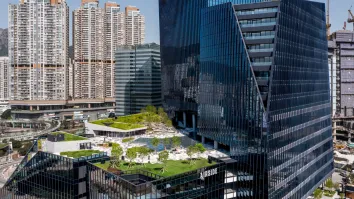

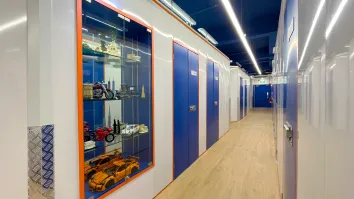




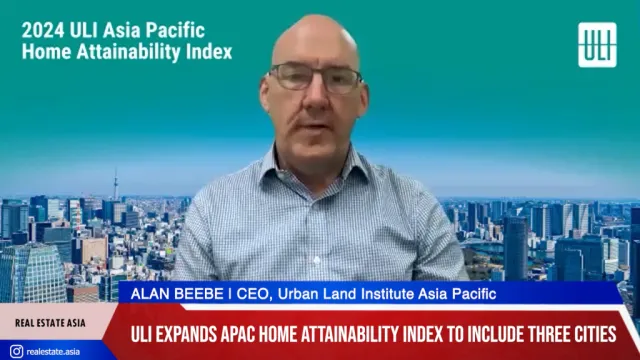

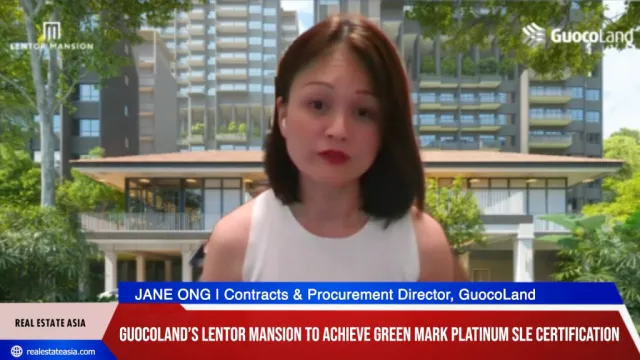

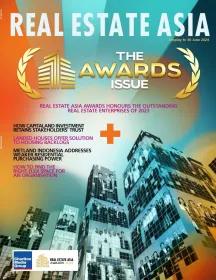
 Advertise
Advertise






